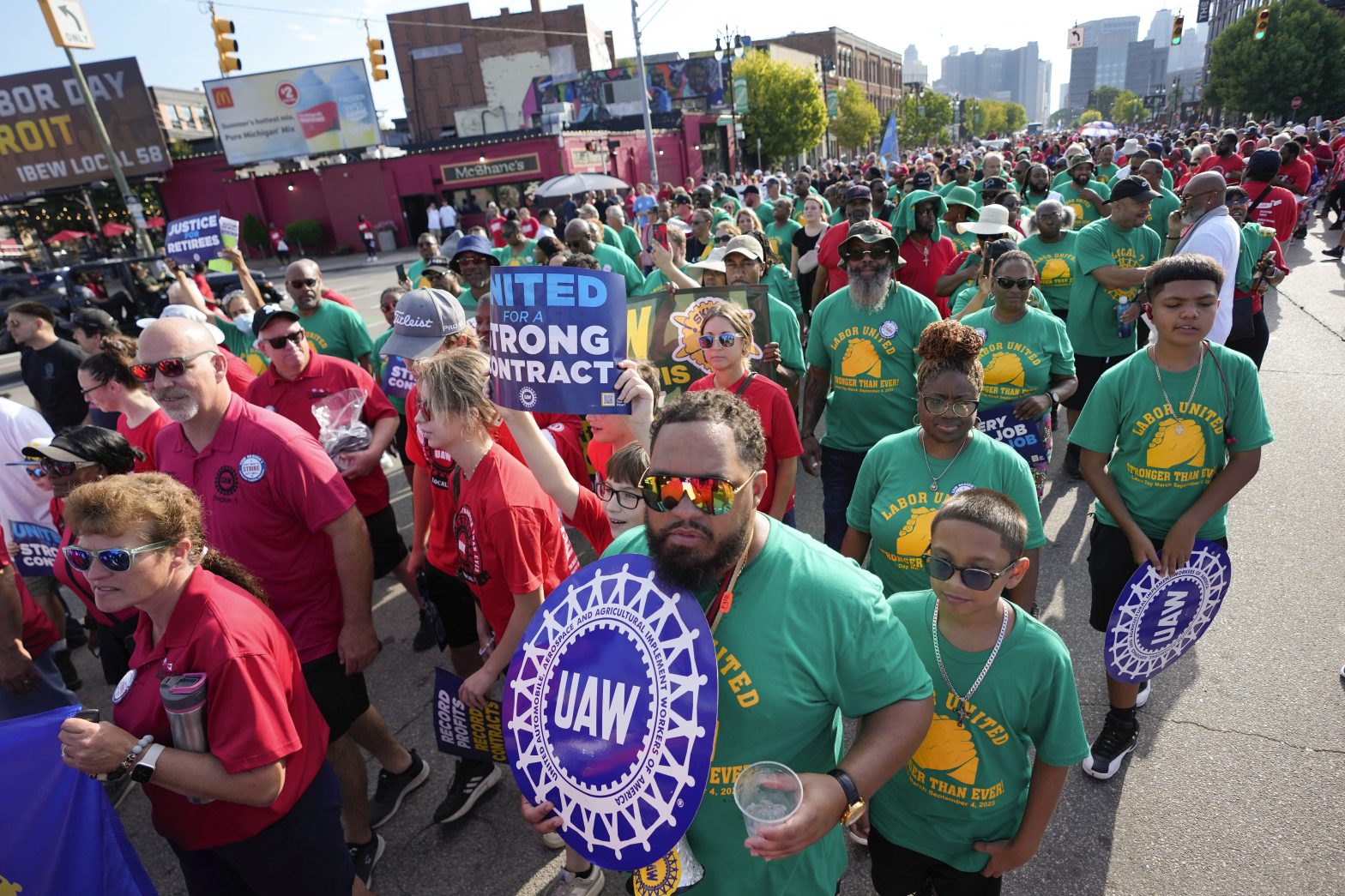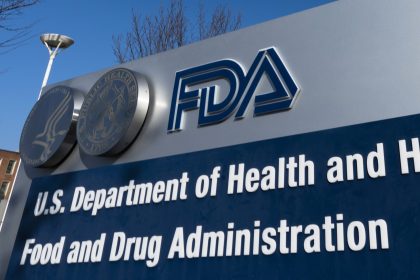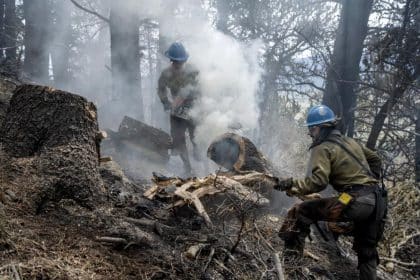The United Auto Workers Strike — Why Not Collaborate to Benefit All Parties?
COMMENTARY

The United Auto Workers strike is rightly front page news, as this major action involves the livelihoods of some 400,000 families, threatens a major industry and could have a real impact on the fledgling economic recovery. Pro- or anti-union, Democrat or Republican, it is only logical that we need a strong auto industry to maintain and create jobs.
Much has been said and written about profitability and CEO pay in the industry in recent years. And while the UAW has some profit sharing, it’s not as powerful for the union as the non-union Tesla employees’ stock and stock options.
I was involved as an investment banker at Lazard in the early 1990s in the sale of a majority stake in UAL, parent company of United Airlines, to the employees for some $2 billion in wage concessions and more flexible work rules. The deal was driven in a significant way by a need to restructure the company in response to deregulation of the airline industry. Initially, morale improved and grievances fell. But the honeymoon was short lived, and eventually the effects of the Sept. 11 tragedy drove the company into bankruptcy.
The concept of employee ownership is important. Pete Stavros, co-head of Global Private Equity at the major investment firm KKR, has started an effort, Ownership Works, to partner with companies to help provide employees with opportunities to build wealth at work. “Broad-based employee ownership creates an alignment of interests that can drive superior company performance and generate greater economic opportunity for workers,” the organization explains. Whether or not you believe in equity ownership for all, attracting and maintaining dedicated employees is critical for any company’s success.
Today, the auto industry is in the early stages of a dramatic transition to alternative energy vehicles that requires, among other things, enormous amounts of capital and new manufacturing processes.
At this inflection point for the UAW and the auto industry, why not think about a deal where the UAW gets perhaps 50% of an agreed wage increase in cash and 50% in stock (with the form and details of “stock” —such as restricted stock units, stock options, vesting requirements, etc. — to be determined) in the car manufacturers and suppliers, to be shared among members, as well as stock for the present value of any agreed upon incremental benefits and work rule flexibility?
That way, instead of both sides trying to “win” at the expense of the other, all parties would be incentivized to grow a larger, more successful auto industry.
Jonathan Foster is the founder and a managing director of Current Capital Partners. He has been an investment banker, private equity investor, corporate director and expert witness for more than 30 years. Among other roles, he was previously a managing director at Lazard and has sit or continues to sit on more than 45 corporate boards. He can be reached by email and on LinkedIn.






















